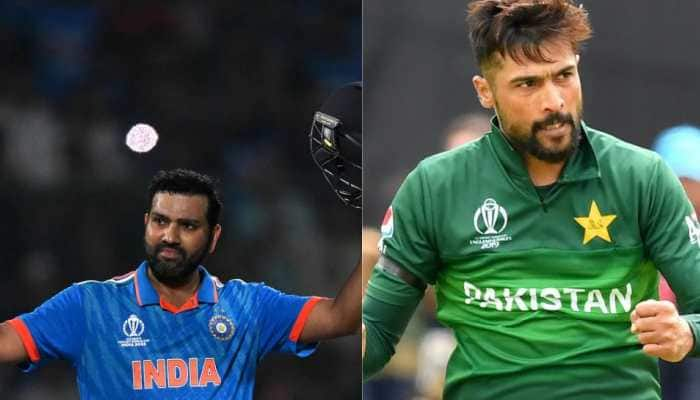Karunanidhi and Jayalalithaa: Divided by blood feud, united in federalism
They were both staunch warriors of federalism. And the people of Tamil Nadu voted for them over and over again. The future of politics here is the future of the cause of federalism.
Trending Photos
)
In less than two years, Tamil Nadu has lost its two biggest political leaders - J Jayalalithaa and M Karunanidhi. The vacuum their deaths have created will have political ramifications that will be acutely felt especially in the context of the battle between the Tamil Nadu government and the Centre over the rights of the state government. Both leaders were strong proponents of federalism and had often fought pitched battles against New Delhi to ensure as many decisions as possible are made in Chennai.
Jayalalithaa died in December 2016 after a protracted stay in hospital. And, Karunanidhi has largely been politically inactive since then. The period has already seen a number of instances of a clash between the state and the writ of the Centre.
The most visible example was the pro-jallikattu protests just months after Jayalalithaa's death. The peaceful protests, which happened on Chennai's iconic Marina Beach, had rejected association with any political party. Commentators had seen this as an expression of the continued theme of autonomy and federalism by the people of Tamil Nadu, and theorised the protests may not have happened if the people felt they had strong leaders who had the spine to battle New Delhi.
Whether there is credence to that theory or not, both Jayalalithaa and Karunanidhi were staunch exponents of the autonomy of state governments. Bitter rivals who at times allowed descents into vicious enmity, federalism seems to be a platform on which they would stand together, even if not physically.
Jayalalithaa has railed against the Centre over a long list of issues. She opposed the implementation of the Goods and Services Tax (GST), Food Security Act, National Counter Terrorism Centre and the restructuring of the power sector.
Karunanidhi too has had a long history of fighting legal battles where he saw the writ of the Centre as a permanent step on the toes of the state governments. He has fought numerous battles on the issue of reservations. He won the right for Chief Ministers across the country to hoist the national flag on Independence Day, the victory steeped in the nuance of irony considering Karunanidhi once supported secession from India.
But his footprint is perhaps most prominent in opposing the imposition of Hindi on states that had their own languages.
In effect, Jayalalithaa, Karunanidhi and the people of Tamil Nadu who kept voting them in and out of power seem to have all been on the same page. The decisions that affect their life should be made in Chennai, not in distant New Delhi. The exit of both these giants from Tamil Nadu has created hope of expansion for political parties based in New Delhi.
How the fortress of Jayalalithaa and Karunanidhi will be defended from breach is going to be the story of Tamil Nadu's politics in coming years, and will have a distinct bearing on which leaders rise organically to be seen as the next era.
Live Tv







)
)
)
)
)
)
)
)
)
)
